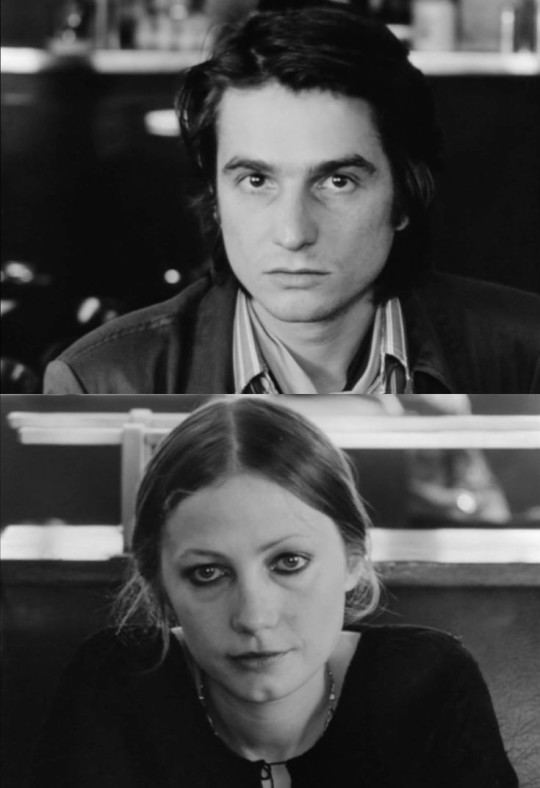Text

0 notes
Text
No existe el infinito, pero sí el instante:
abierto, atemporal, intenso, dilatado, sólido;
en él un gesto se hace eterno.
(…)
un gesto no es inicio ni término de nada,
no hay voluntad en el gesto, sino impacto;
un gesto no se hace: acontece.
Y cuando algo acontece no hay escapatoria
CHANTAL MAILLARD - Matar a Platón
2 notes
·
View notes
Text
GUARIR EL PA
Guarir el pa. Entaular el vi.
René Char
Apropiar-me d’aquesta claredat,
d’aquest dolor:
que ningú no rebregui papers de colors
sobre el xiulet agut de la memòria:
si no vam saber guarir el pa, si el vam pastar
amb la farina blanca de la mort:
mirar-me les mans d’avui
i no falsejar-ne les relles
0 notes
Text




Helena Bonham Carter as Noele “Nolly” Gordon in Russell T. Davies new 3-parter Nolly. Nolly will air on ITVX on February 2, 2023. Photo: Quay Street Productions ITV/ Radio Times
72 notes
·
View notes
Text
“Yo también caí en la trampa de la mujer total, orgullosa de ser por fin capaz de conciliarlo todo, la subsistencia, un hijo y tres cursos de lengua francesa, guardiana del hogar y dispensadora del saber, superwoman, no solo intelectualmente hablando, en resumidas cuentas, armónica. Vía libre al lirismo cuando lo demás, la reflexión en particular, ha desaparecido.”
Annie Ernaux, La mujer helada
0 notes
Text
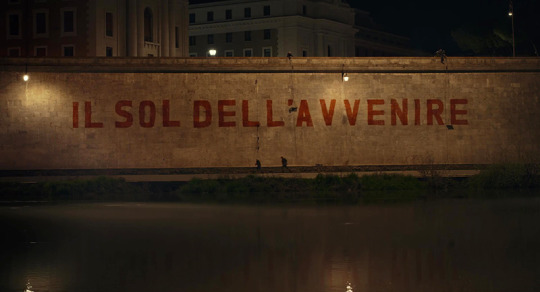


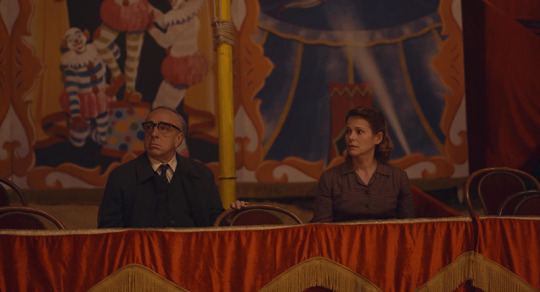

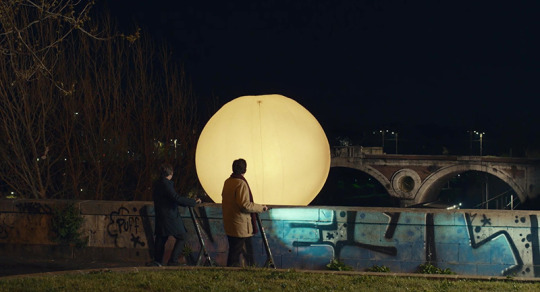
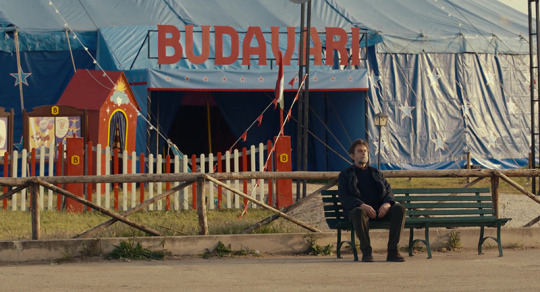

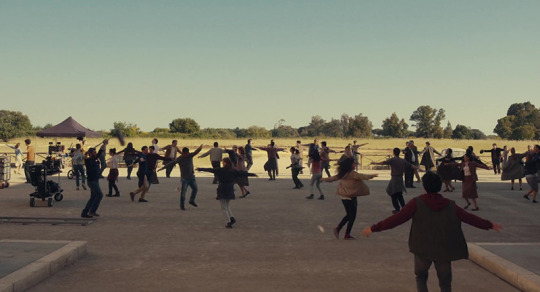
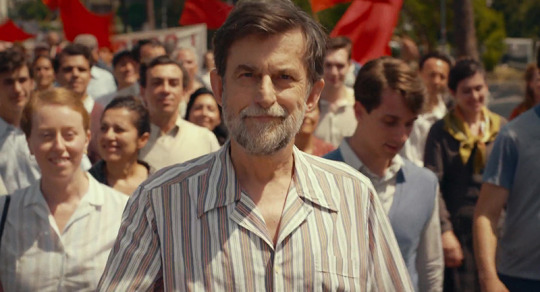
IL SOL DELL'AVVENIRE (Nanni Moretti, 2023)
45 notes
·
View notes
Text
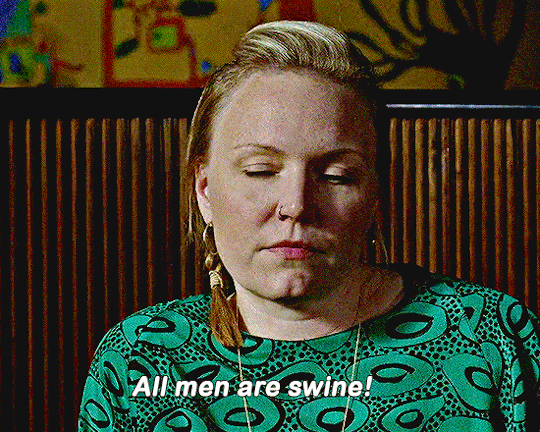
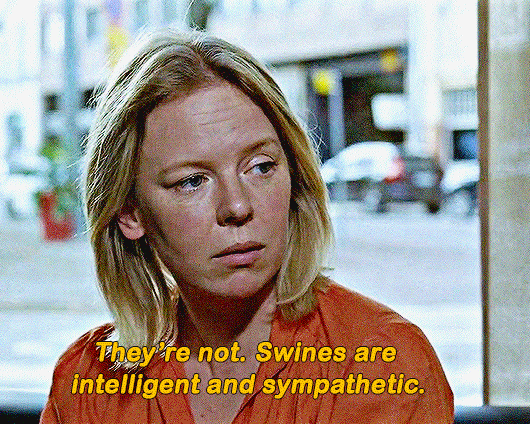
KUOLLEET LEHDET "FALLEN LEAVES" (2023)
Dir. Aki Kaurismäki
95 notes
·
View notes
Text
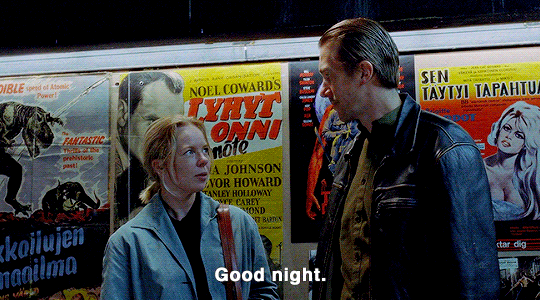
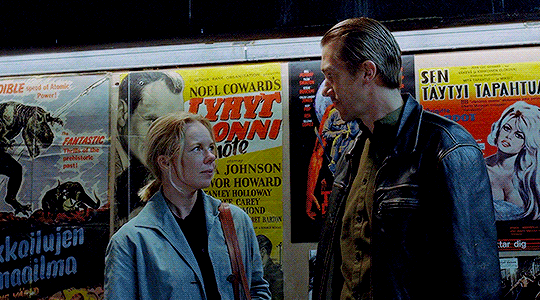
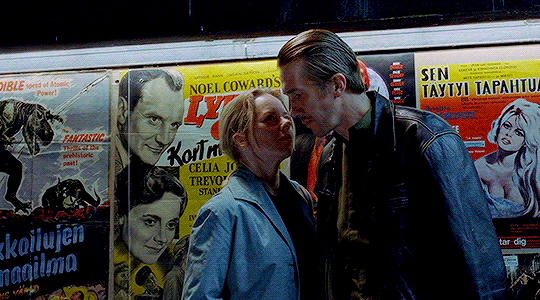
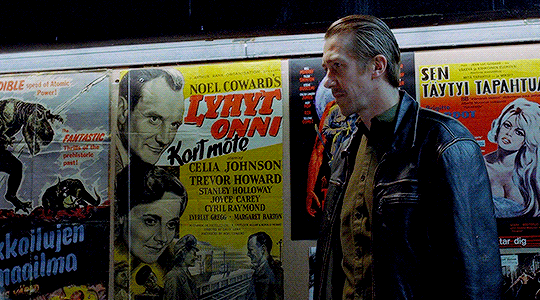
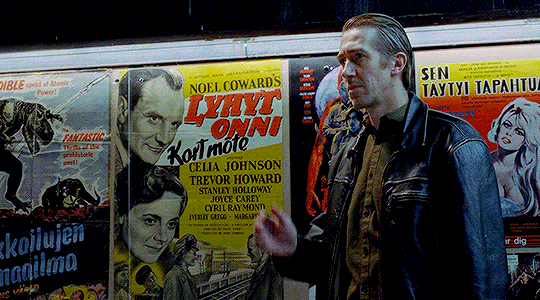
Fallen Leaves (2023, Aki Kaurismäki)
597 notes
·
View notes
Text


La baie des anges (1963) by Jacques Demy
32 notes
·
View notes
Text
For us, ‘to cross the Rubicon’ has come to mean ‘to pass the point of no return’. It did not mean that to Caesar.”
0 notes
Text
“The poor could never rise to the top of Roman politics; the common people could never seize the political initiative; and it was axiomatic that the richer an individual citizen was, the more political weight he should have. But this form of disequilibrium is familiar in many modern so-called democracies: at Rome too the wealthy and privileged competed for political office and political power that could only be granted by popular election and by the favour of ordinary people who would never have the financial means to stand themselves.”
― Mary Beard, SPQR: A History of Ancient Rome
8 notes
·
View notes
Text
“Democracy’ (demokratia) was rooted politically and linguistically in the Greek world. It was never a rallying cry at Rome, even in its limited ancient sense or even for the most radical of Roman popular politicians. In most of the conservative writing that survives, the word means something close to ‘mob rule’. There is little point in asking how ‘democratic’ the politics of Republican Rome were: Romans fought for, and about, liberty, not democracy.”
― Mary Beard, SPQR: A History of Ancient Rome
1 note
·
View note
Text
“There is, in fact, rather less evidence for this kind of borderline destitution than we might expect. But the reasons for that are clear. First, those with nothing leave very few traces in the historical or archaeological record. Ephemeral shanty towns do not leave a permanent imprint in the soil; those buried with nothing in unmarked graves tell us much less about themselves than those accompanied by an eloquent epitaph. But second, and even more to the point, extreme poverty in the Roman world was a condition that usually solved itself: its victims died.”
― Mary Beard, SPQR: A History of Ancient Rome
1 note
·
View note
Text
“The traditional Roman year was only 355 days long, and it had for centuries been the job of Roman priests to add in an extra month from time to time to keep the civic calendar in step with the natural seasons. For whatever reason – probably a combination of lack of expertise and lack of will – they had signally failed to get their calculations correct. The result was that the calendar year and the natural year were sometimes many weeks apart, with the Roman equivalent of harvest festivals falling when the crops were still growing and the climate in what was called April feeling more like February (which it was). The truth is that it is always dangerous in Republican history to assume that any given date is an accurate indication of the weather. Using Alexandrian know-how, Caesar corrected the error and, for the future, established a year with 365 days, with an extra day inserted at the end of February every four years. This was a far more significant outcome of his visit to Egypt than any dalliance with Cleopatra
3 notes
·
View notes
Text
“Caesar quoted in Greek two words from the Athenian comic playwright Menander: literally, in a phrase borrowed from gambling, ‘Let the dice be thrown.’ Despite the usual English translation – ‘The die is cast’, which again appears to hint at the irrevocable step being taken – Caesar’s Greek was much more an expression of uncertainty, a sense that everything now was in the lap of the gods. Let’s throw the dice in the air and see where they will fall! Who knows what will happen next?”
― Mary Beard, SPQR: A History of Ancient Rome
0 notes
Text
“Elites everywhere tend to worry about places where the lower orders congregate, and – though there was certainly a rough side and some rude talk – the reality of the normal bar was tamer than its reputation. For bars were not just drinking dens but an essential part of everyday life for those who had, at best, limited cooking facilities in their lodgings. As with the arrangement of apartment blocks, the Roman pattern is precisely the reverse of our own: the Roman rich, with their kitchens and multiple dining rooms, ate at home; the poor, if they wanted much more than the ancient equivalent of a sandwich, had to eat out. Roman towns were full of cheap bars and cafés, and it was here that a large number of ordinary Romans spent many hours of their non-working lives.”
0 notes
